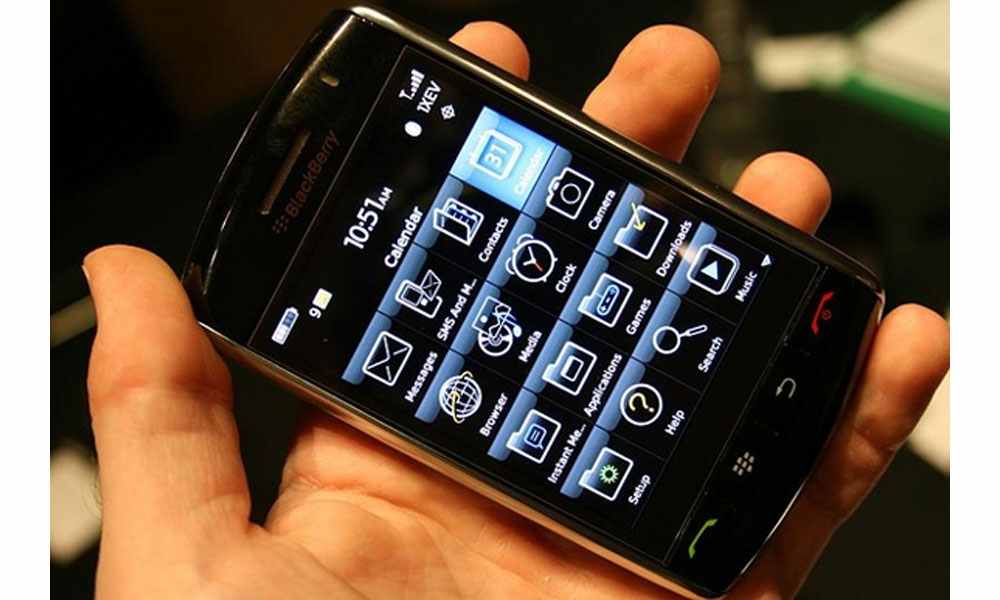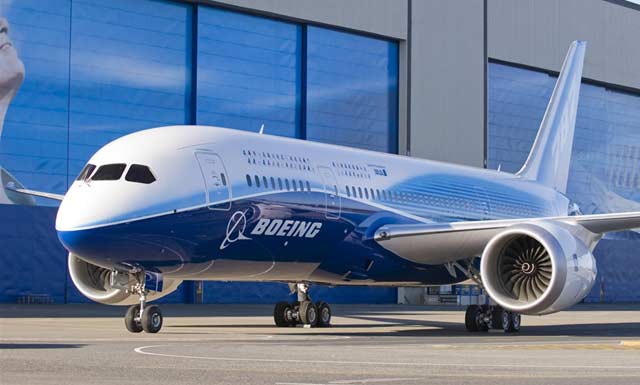 A three-day disruption of BlackBerry services spread to North America on Wednesday, frustrating millions of users of the Research In Motion smartphones and putting more pressure on the company for sweeping changes.
A three-day disruption of BlackBerry services spread to North America on Wednesday, frustrating millions of users of the Research In Motion smartphones and putting more pressure on the company for sweeping changes.
RIM advised clients of an outage in the Americas and said it was working to restore services as customers in Europe, the Middle East, Africa and India continued to experience patchy email delivery and no access to browsing and messaging. There were no reports of disruptions elsewhere in Asia.
The disruption, the worst since an outage swept North America two years ago, is likely to fuel calls for a management shake-up and a possible sale or split of the company, which has failed to keep pace with Apple and other rivals in a rapidly changing market.
“It’s a blow upon a bruise. It comes at a bad time,” said Richard Windsor, global technology specialist at Nomura.
“One possibility could be that it encourages client companies to look more at other options such as allowing users to connect their own devices to the corporate server and save themselves the cost of buying everyone a BlackBerry.”
The troubles in RIM’s network, which compresses and encrypts data before pushing it to BlackBerry devices via carrier networks, could damage its once-sterling reputation for secure and reliable message delivery and risks a further devaluation of its proprietary offering.
Many companies, no longer seeing the need to pay to be locked into RIM’s email service, have already begun allowing employees to use alternative smartphones, particularly Apple’s iPhone, for corporate mail.
At the same time, RIM is getting ready to shift its line of BlackBerry smartphones to new software first used in the poorly received PlayBook tablet. A successful transition is considered crucial for its efforts to regain market share as the iPhone and devices powered by Google’s Andriod become ever more popular.
While RIM’s share price dropped modestly after the outage spread to North America, the stock has already dropped more than 50 percent since the beginning of the year. On Wednesday it was down 1.75 percent to C$24.66 in Toronto and off 0.53 percent to $24.29 on the Nasdaq.
CONSUMER FRUSTRATION
On Tuesday, the company linked the disruption to a failure in its message routing infrastructure that it was addressing.
“The messaging and browsing delays … were caused by a core switch failure within RIM’s infrastructure,” it said. “As a result, a large backlog of data was generated and we are now working to clear that backlog and restore normal service.”
Even so, the problems appeared to have spread by Wednesday, prompting users to vent their frustrations on RIM’s Facebook page, where the company said restoring full service was its top priority.
“Totally appalled at the lack of communication from RIM,” said Lynn Murdoch. “Love my Berry, but furious at the fact that no one can actually give a time frame of how long its going to take to fix. Utterly disappointed!”
Another user lamented a recent purchase. “Just got a new BlackBerry and I see now it was a total mistake,” Jessica Jamie Smit wrote. “Next upgrade will definitely NOT be a BlackBerry.”
RIM later set up a page on its website posting service updates. (here)
BAD TIMING
From a marketing standpoint, the timing could hardly have been worse for RIM.
Apple on Wednesday launched an major upgrade to its iOS operating system that includes iMessage, an instant messaging service for users of Apple’s iPhones, iPads and some iPods that is a direct competitor to RIM’s BlackBerry Messenger, or BBM.
The service, which allows BlackBerry users to send free text messages to other BlackBerry users, has made the devices a popular choices with young consumers. That has partially compensated for its losses in the corporate market in North America and Western Europe.
RBC Capital Markets analysts Mike Abramsky and Paul Treiber said the latest crisis could hurt RIM’s reputation in these key markets, particularly after high-profile tussles with states whose governments demanded access to encrypted communications for security reasons.
Veteran British entrepreneur Alan Sugar, who founded electronics company Amstrad in 1968, tweeted: “In all my years in IT biz, I have never seen such an outage as experienced by Blackberry. I can’t understand why it’s taking so long to fix.”
Source : Reuters




































